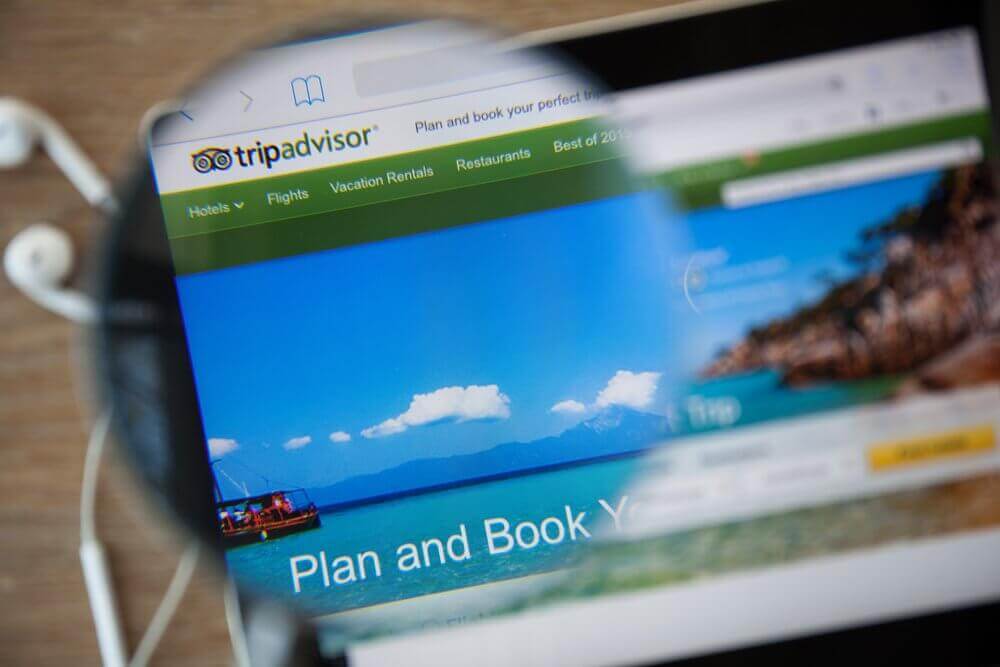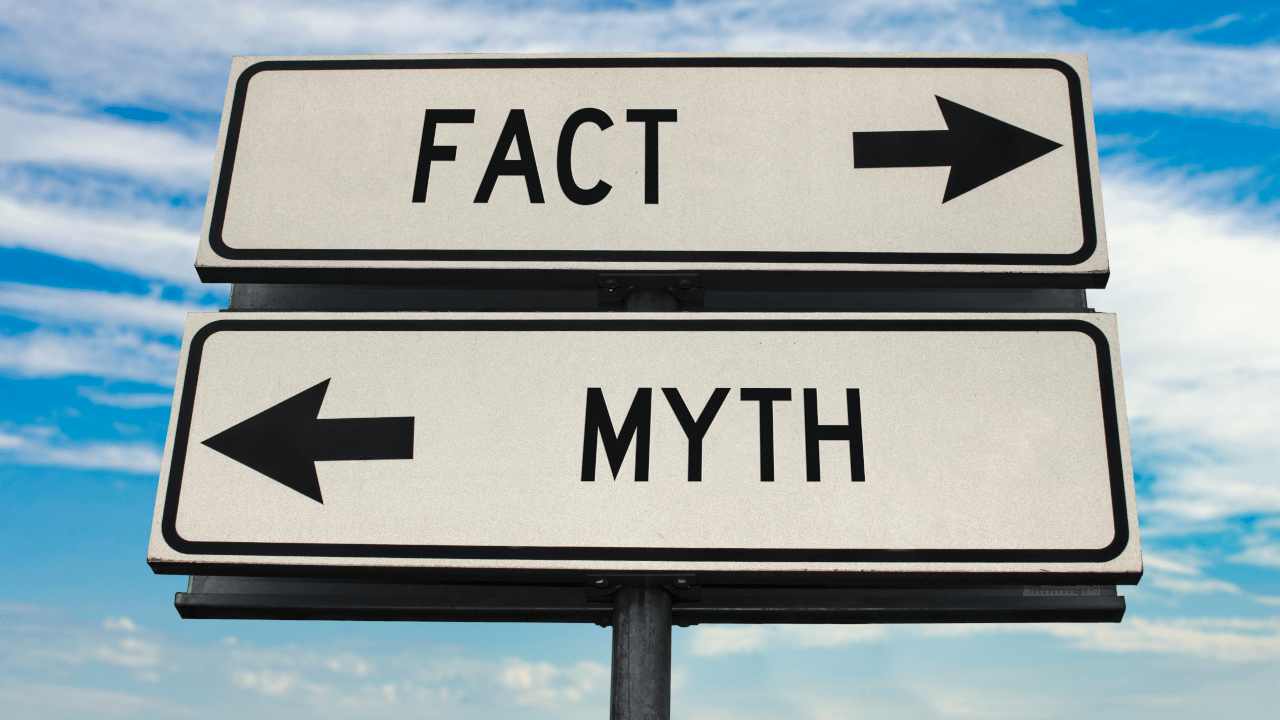
TripAdvisor launched in 2000 and has since grown to become the world’s most used travel website. The company’s original business plan was to drive leads to hotel websites. Today, TripAdvisor claims approximately 400 million monthly website visitors globally and lists 7 million accommodations, restaurants and attractions.
TripAdvisor is the most visited pre-transaction travel site in the world. It appears on the first page of organic search results for 99% of unbranded search terms for hotels (hotels + destination). In 2017 TripAdvisor reached six out of ten travelers in 12 major markets around the world and influenced 50% of hotel reservations globally.
In more recent times, TripAdvisor has aggressively built and added non-hotel related content to its platform. In 2017, the company’s non-hotel segment (including attractions, vacation rentals and restaurants) grew 24% to $360 million in revenue. Since 2015, TripAdvisor has purchased over a dozen travel experience companies including FlipKey, The Fork, Cruise Critic and Viator.
In 2016, the company rebranded their attractions listings calling them TripAdvisor Experiences in keeping with trends on Airbnb and Booking.com. Experiences offered range from cooking classes and skip-the-line access to famous attractions to multi-day excursions. The number of experiences on offer has doubled to more than 100,000 in the last two years.
In 2017, they reported a modest 5% growth in total revenue, and their adjusted EBITDA dropped 25% in the hotel segment due to the migration of website users from desktop to mobile devices. The company enjoyed a substantial increase in mobile bookings, but mobile reservations are less lucrative than those made on a desktop.
In 2018, TripAdvisor streamlined its user experience to make it more appealing and intuitive for mobile users, but mobile revenue per booking continues to lag behind that of desktop users by 30 percent.
The company is also facing some criticism from operators. Critics bemoan TripAdvisor for giving a disproportionately large and powerful voice to masses of anonymous reviewers, which results in the spreading of unfiltered misinformation and some cases of cultural misunderstandings. They also highlight that rankings do not adjust for scale. Hotels with the most reviews get higher rankings which benefit larger and non-seasonal properties. Recency of reviews also impacts ranking which favors hotels who ask their customers for TripAdvisor reviews over those that don’t.
Rankings may matter less as they have started using artificial intelligence to personalize results. With a process they call “collaborative filtering,” a machine matches users with specific interests (such as beachfront hotels) to hotels with reviews that include those keywords. As a result, different users will turn up different ranking results.
TripAdvisor Services and Tools
Instant Booking
In 2014, TripAdvisor launched a feature called Instant Booking, which was designed to enable users to book hotel stays directly on the platform (without clicking away to another site). TripAdvisor charged commissions on bookings ranging from 12% to 15%. The company quickly signed on Expedia, Hilton and IHG inventory with the rest of the brands and many independents rapidly following suit. However, the new feature encountered many problems, especially with rate parity. As a result, users did not embrace the new feature as expected.
After three years of lackluster conversions, TripAdvisor is de-emphasizing this feature – very aggressively in the last quarter of 2017, first on the desktop and then on mobile. Today, they are only offering the Instant Booking option to customers in limited cases. TripAdvisor’s senior director of corporate communications said: “Instant Booking continues to be an option for users, but it will likely appear more prominently for users who have already demonstrated a propensity for using the service.”




